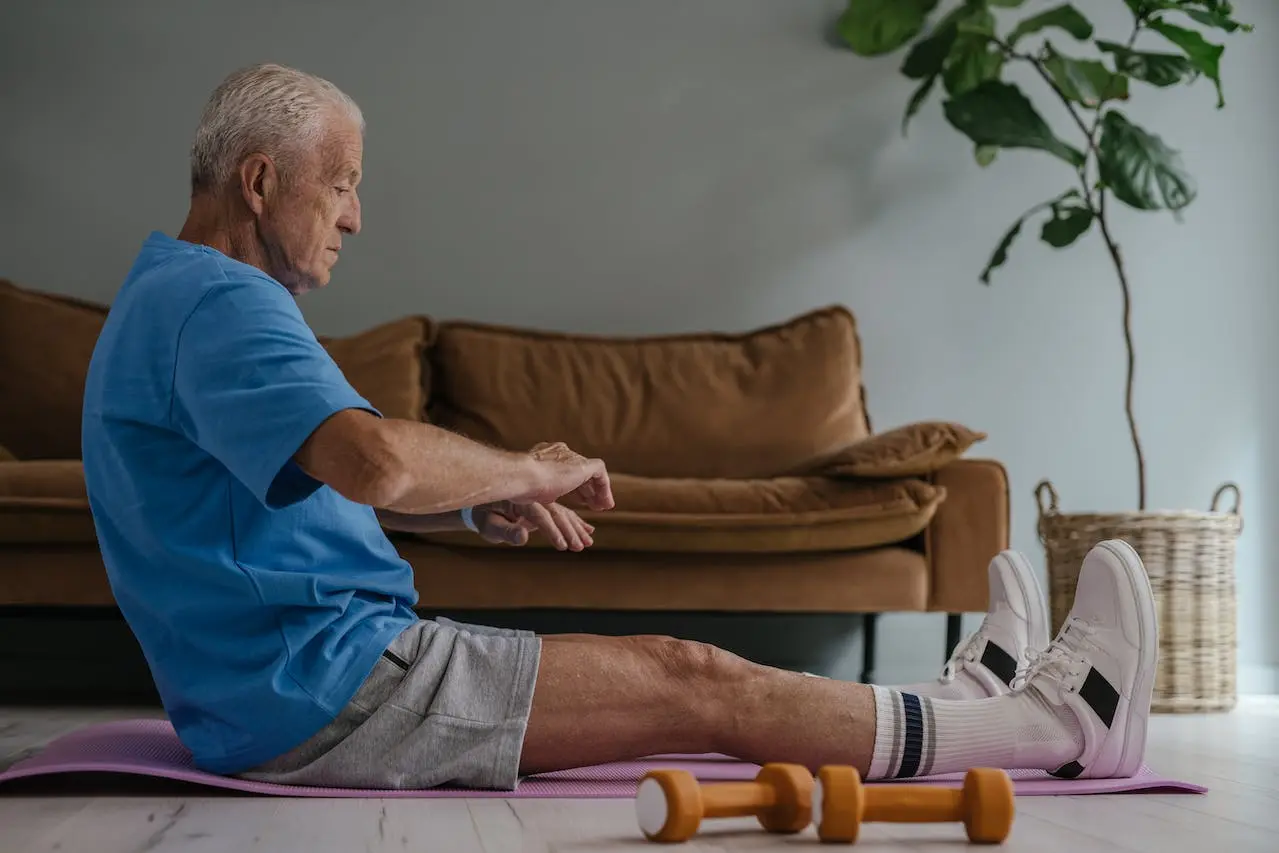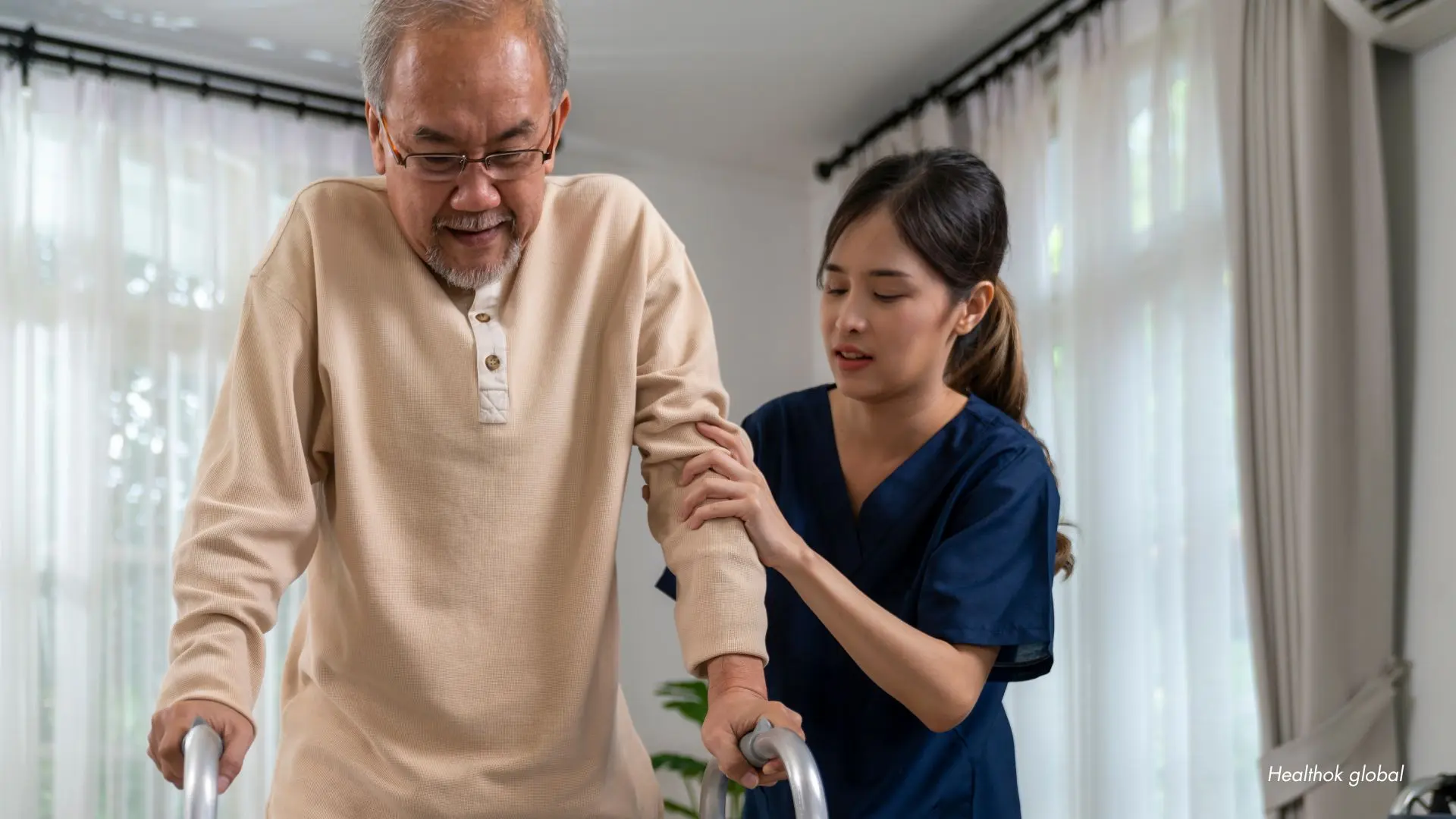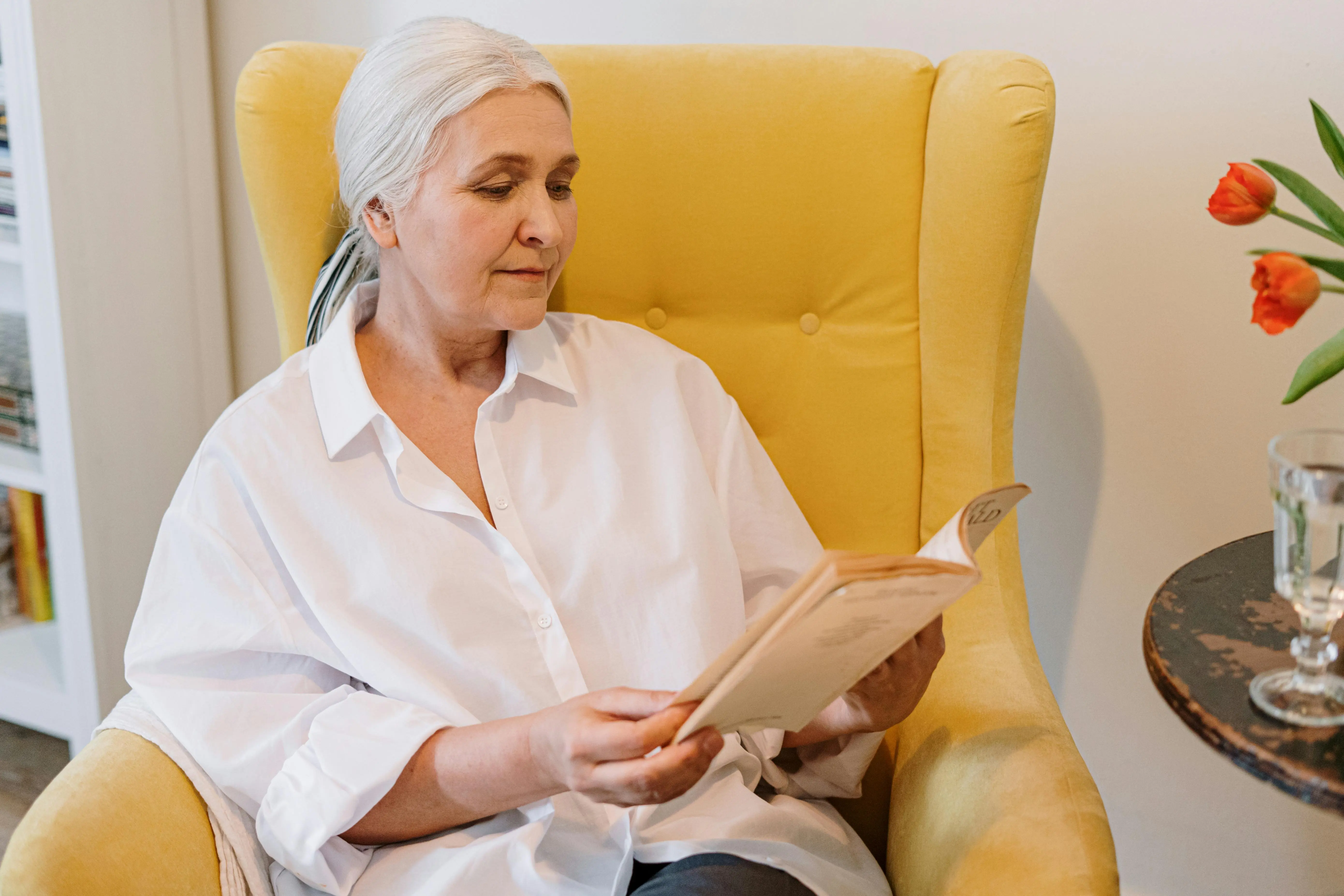Winter brings unique challenges for everyone, especially for the elderly. Cold temperatures, icy conditions, and flu season pose significant risks to seniors.

Blog
Winter Wellness: Essential Care Tips for Seniors
Winter brings unique challenges for everyone, especially for the elderly. Cold temperatures, icy conditions, and flu season pose significant risks to seniors. In this comprehensive guide, we delve into vital care tips to ensure the safety and well-being of seniors during the winter months. Our focus is not just on physical health but also on mental well-being and overall comfort.
Older adults are particularly susceptible to hypothermia and frostbite due to slower metabolism and decreased body fat. Signs of hypothermia include shivering, exhaustion, confusion, and slurred speech. Frostbite, on the other hand, manifests as numbness and skin discoloration. Preventive measures like adequate heating and warm clothing are crucial.
Icy and snowy conditions significantly increase the risk of falls for seniors. To prevent such accidents, ensure walkways are cleared and salted. Seniors should be encouraged to wear non-slip shoes and use assistive devices if necessary.
Maintain a comfortable and safe temperature at home. Seniors should dress in layers even indoors to retain body heat. Regularly check heating systems and use space heaters cautiously to prevent fires.
A well-insulated home is a safer home. Check for drafts and insulate windows and doors as needed. Install carbon monoxide detectors and regularly check smoke alarms to prevent and alert for any emergencies.
A nutritious diet is vital in winter. Incorporate winter-friendly foods like soups, stews, and root vegetables. Supplements such as Vitamin D are essential due to limited sun exposure.
Hydration isn't just a summer concern. Encourage seniors to drink fluids regularly, as dehydration can be less noticeable in colder weather.
Seasonal Affective Disorder (SAD) can be more prevalent in seniors during winter. Keeping the mind active with hobbies, reading, and puzzles can help, as well as exposure to natural light.
Maintaining social connections is crucial for mental health. Arrange for family visits, phone calls, or video chats to keep seniors engaged and connected.
When venturing outside, seniors should dress in warm layers, wear hats, gloves, and use scarves to protect against cold winds.
Encourage seniors to walk cautiously on snowy and icy surfaces. Recommend senior-friendly outdoor activities that are less risky but keep them active.
Regular medical check-ups are even more critical in winter to monitor and manage existing health conditions.
Prepare for power outages or extreme weather by keeping a well-stocked emergency kit, a list of emergency contacts, and a plan in place.
Caring for seniors in winter requires attention to their physical, mental, and emotional needs. By taking proactive steps and staying vigilant, we can ensure their safety and comfort during these colder months.
Share your tips and stories on caring for seniors in winter. For more resources and information on senior care, visit HeathOk Global.
Older adults are particularly susceptible to hypothermia and frostbite due to slower metabolism and decreased body fat. Signs of hypothermia include shivering, exhaustion, confusion, and slurred speech. Frostbite, on the other hand, manifests as numbness and skin discoloration. Preventive measures like adequate heating and warm clothing are crucial.
Maintain a comfortable and safe temperature at home. Seniors should dress in layers even indoors to retain body heat. Regularly check heating systems and use space heaters cautiously to prevent fires.
This section covers Mental Well-being in detail.
Need Personalized Health Guidance?
Get expert advice tailored to your specific health needs from our qualified healthcare professionals.




